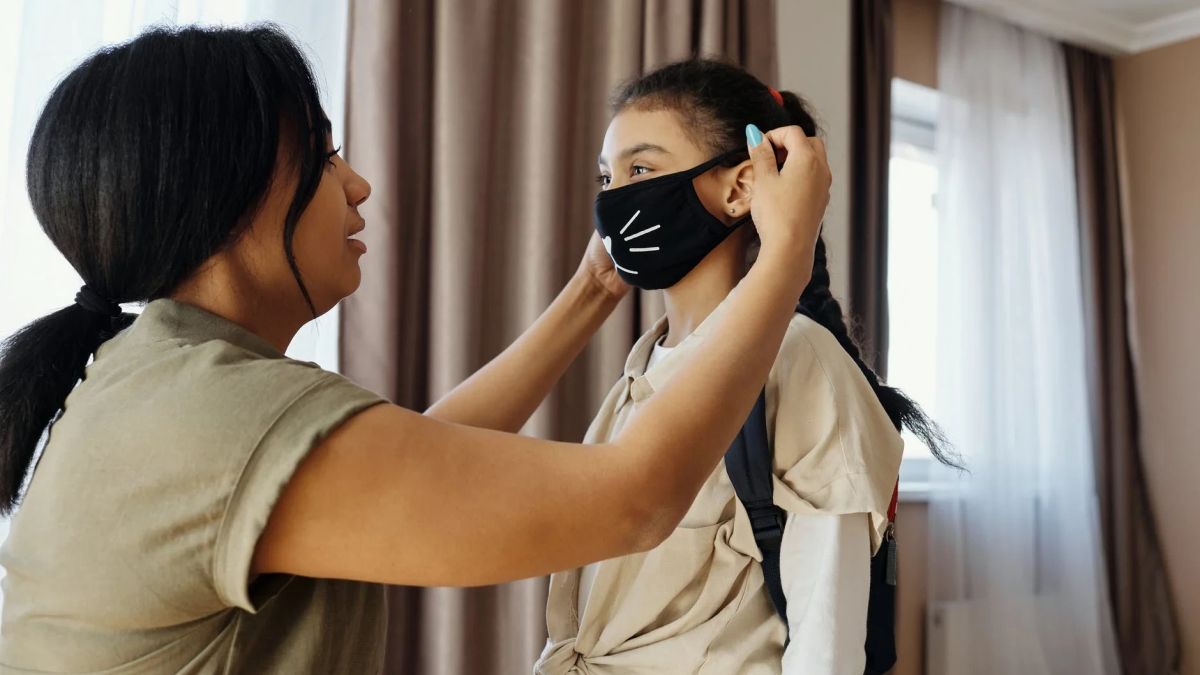JAKARTA - A number of countries have begun to show preparations to turn the COVID-19 pandemic into an endemic. So what about Indonesia?
Epidemiologist at Griffith University Australia, Dicky Budiman, said Indonesia had not met a number of criteria to do so.
He said that the non-fulfillment of a number of endemic criteria can be seen from the 30 provinces in Indonesia that still have an average positivity rate of above five percent with a reproduction number above 1.
"In Indonesia, the endemic criteria have not been met. It is still an epidemic on an Indonesian scale," he said, as quoted by Antara, Saturday, March 12.
In addition, if you look at the number of deaths due to COVID-19, the numbers still continue to show an upward trend. Based on data from the Ministry of Health on Friday, March 11, the death toll increased again by 290 people and brought the total cases to 151,703 people.
"Although there may be one, two, or three provinces that have been declared endemic, in general Indonesia has not. We are still in an epidemic or pandemic position if globally," said Dicky.
When the country is determined to enter the endemic phase, he stressed that there are a number of things that the government needs to prepare. Some of these include high vaccination coverage and really strengthened case tracking and surveillance.
In the health protocol, social distancing must be strictly maintained. The quality and circulation of air ventilation in every room, both residential and public spaces, must also be ensured to run smoothly and safely.
It is also important to pay attention to the problem of financing health services. If the country has entered an endemic, it means that the COVID-19 test or a number of drugs that were originally given free by the government will be paid for.
According to him, because the government understands the pandemic conditions best in the country, they must be able to decide whether the financing will use the payment system from BPJS or there are policies from local governments and so on.
"If the status changes, it is no longer an emergency, it means that aspects of support and the government's role in supporting it are not as much as before. Many free ones are missing, testing or drugs are all that will have to be prepared in the transition period," he said.
The English, Chinese, Japanese, Arabic, and French versions are automatically generated by the AI. So there may still be inaccuracies in translating, please always see Indonesian as our main language. (system supported by DigitalSiber.id)








